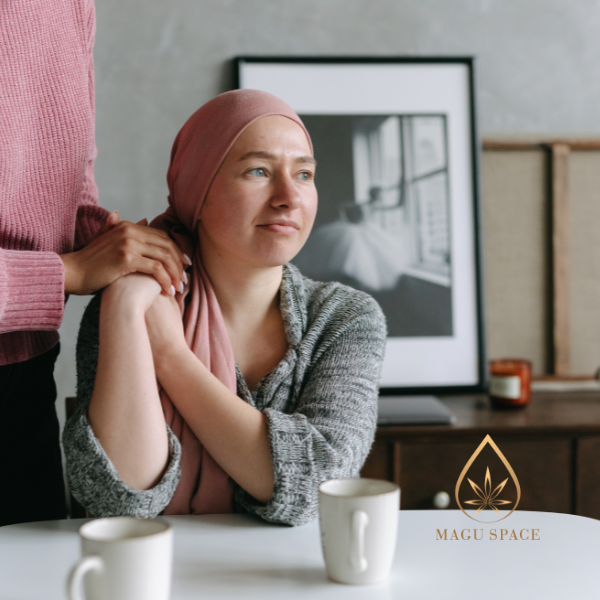Cannabis and cancer cells – new research from an Australian university. For decades, proponents of medicinal cannabis have drawn attention to the plant’s potential anti-cancer properties.
In recent years, governments around the world, including in the UK, have begun to authorise the use of medicinal cannabis
products for a limited number of diseases. However, cannabis products can only be prescribed for chemotherapy
cancer-related nausea.
Now, evidence published by the University of Newcastle University in Australia has revealed new plant anti-cancer
discovering potential. Studies carried out at the University and the Hunter Medical Research Institute have shown that
A modified form of cannabis could kill or inhibit cancer cells. In addition, high CBD forms
Cannabis did not affect other natural cells.
Cannabis plant known as ‘Eve’, produced by the Australian Natural Therapies Group, with a low
A form of THC has been tested by cancer researcher Dr Matt Dun at the University of New South Wales. Cannabis
The strain is high in CBD and contains less than 1% THC.
Previous evidence suggests that THC, the most common cannabinoid found in the cannabis plant, is
was the main source of potential anti-cancer properties in plants. However, laboratory tests carried out
in collaboration with the Australian Natural Therapeutic Medicines Group, revealed that CBD-rich
strains may be more effective at killing cancer cells.
Dr Matt Dunn explains how researchers have tested the potential of cannabis over the last three years
in cancer treatment:
„We initially used leukaemia cells and were really surprised how sensitive they were. At the same time
Cannabis did not kill normal bone marrow cells and normal healthy neutrophils [white blood cells
corpuscles]. „
Research results
After initial studies, the researchers found that the drug was cancer-selective.
Cannabis strains that did not contain high levels of the psychoactive cannabinoid THC were in fact
more effective in killing cancer cells associated with leukaemia and paediatric brainstem glioma.
Other studies around the world have shown that cannabis, with its very high THC content, can help
developing cancer. In particular, it has been found that cannabis can improve the health of patients suffering from
chemotherapy-induced nausea, quality of life.
However, Dr Dunn explains that cannabis with a high THC content can also have some disadvantages:
For example, you can’t drive, and doctors are reasonably reluctant to prescribe something that might cause
hallucinations or other side effects. The CBD variety appears to be more effective, low toxicity and
has fewer side effects, so it may be an ideal adjunctive therapy in combination with other
anti-cancer compounds.
The next phase of research in this area will aim to find out what makes cancer cells vulnerable and
other cells do not. The researchers will assess whether this is clinically relevant and whether it is reflected in other cancers.

